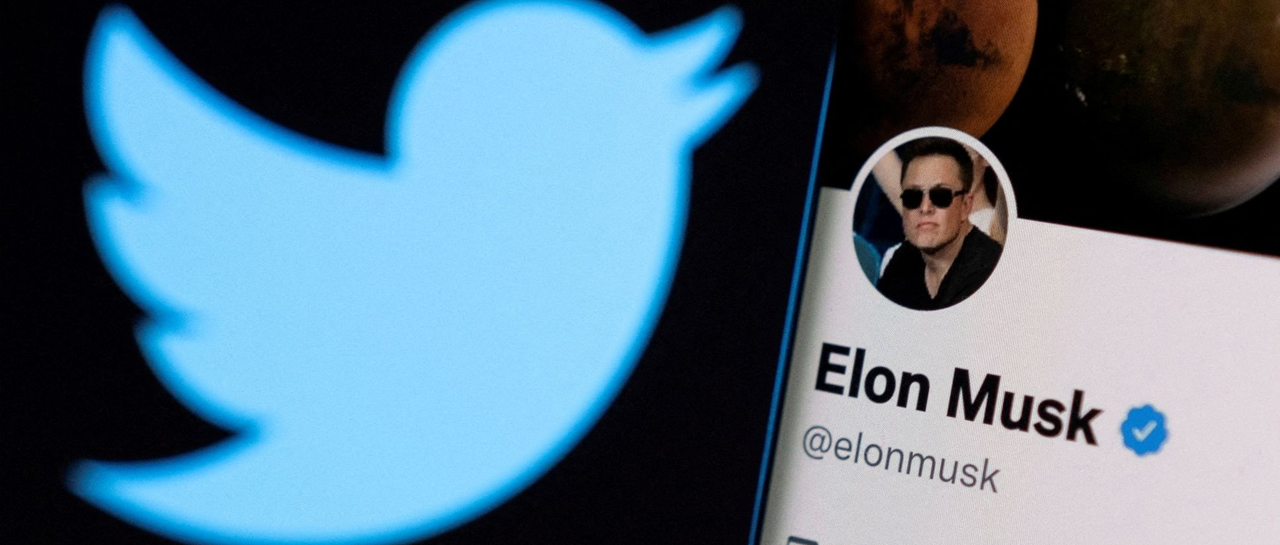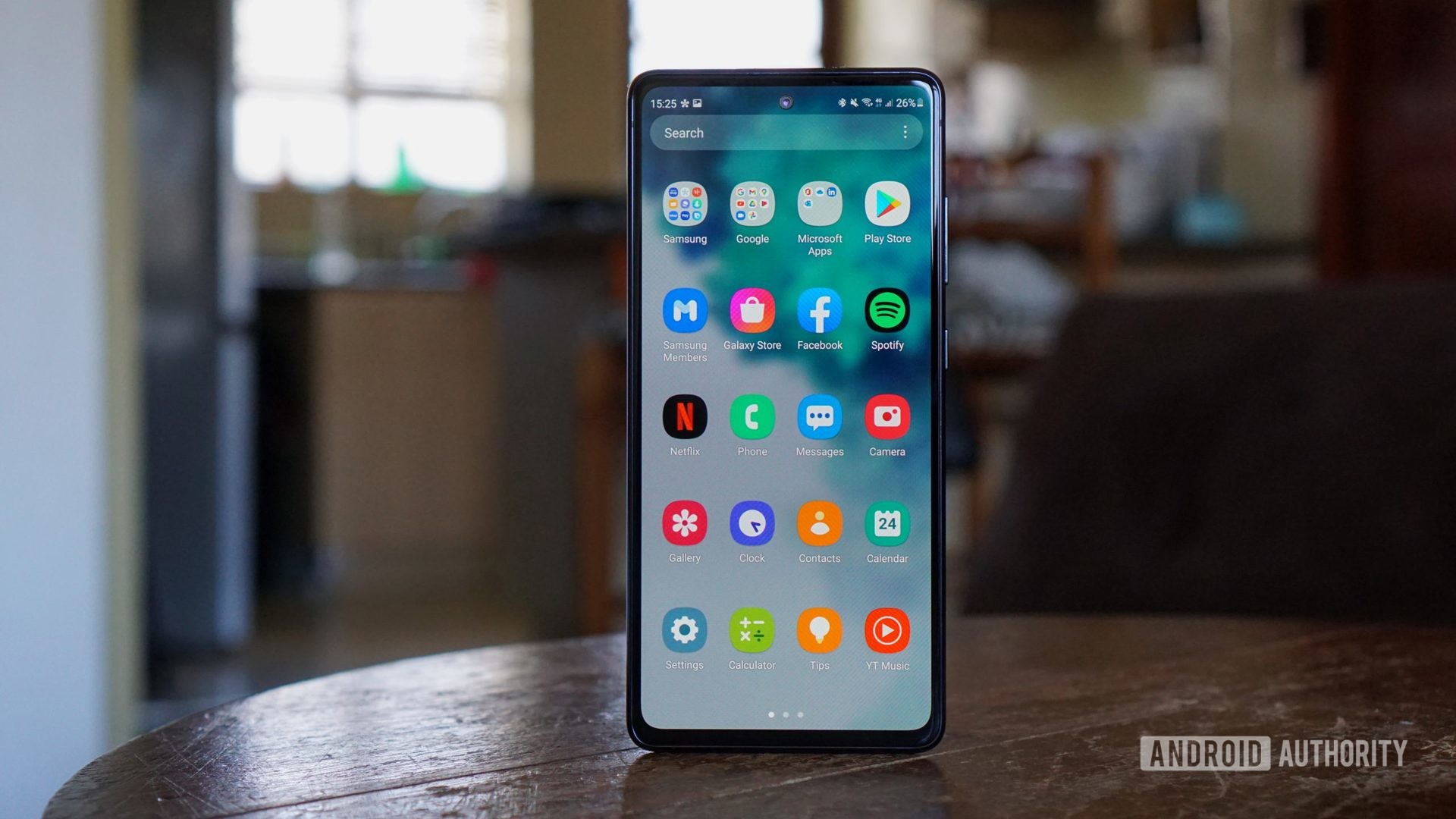young business woman is irreplaceable in her position
What if you found the perfect life hack?
In a few seconds, you’d suddenly finish up your tasks in record time. With the wave of your iPhone, poof — suddenly you’re getting things done.
According to author and productivity expert Nir Eyal, constantly pursuing these life hacks and tricks won’t really work in the long run. In his book Indistractable: How to Control Your Attention and Choose Your Life, he writes about how we often look for quick fixes. One of my favorite passages in the book talks about how we sometimes hurry up and try to finish tasks quickly, which causes more stress as we push ourselves harder and harder. Been there, done that. He notes how we are not identifying what is actually causing the lack of productivity in our lives.
Another profound comment I’ve read recently about productivity has to do with tips and tricks, which comes from another expert. We all seem to be on the hunt for these hacks, especially during the pandemic. We are seeking a remedy to help us finish checking our email or complete a sales presentation. Yet, productivity tips are geared to work initially and in the short-term, but are often not sustainable over time. (I can’t recall the source of this comment; if you know, drop me an email.)
I get it. I once wrote a productivity tip for the iPhone — if you hold down on the spacebar when you’re texting, you can then move the cursor around anywhere you want. It’s brilliant! You can suddenly become more productive! Woot! And yet, the reality is that your life doesn’t really change that much. You don’t really address any underlying issues like phone addiction. Why are you so distracted in the first place? Why are we all looking for quick solutions to major issues? It’s not like I regret writing the piece but, on a personal level, I have found these hacks only work for a while.
“There is no magic bullet tip or trick to managing our time because distraction begins from within,” says Eyal, speaking to me by phone. “It’s not the technology or anything else outside of you that is the root cause of the problem. It’s about what is happening within us and fundamentally our inability to deal with emotional discomfort. Distraction isn’t your fault, but managing it is your responsibility.”
Eyal explained that we tend to think a lack of productivity is caused solely by some external distraction like our smartphones, but in reality, it’s caused by bad habits.
“We simply don’t have the skills to deal with emotional discomfort and so we look to escape from it with distraction and procrastination,” he says. “Realizing that time management is pain management is much more important than some cheap life hack or productivity tips or tricks.”
A few examples he pointed out include the grayscale mode on our phones, which limits their functionality for a while but is not a long-term answer for most of us. (Interesting that this hack seems to have fallen out of favor lately.)
Another “tip” has to do with a digital detox (I’m guilty of writing about this as well). He says a detox tends to vilify technology without getting to the root causes and is impractical for people who rely on tech to do their jobs. It also elicits the sort of shame that makes people even more likely to feel emotional discomfort, and ironically, seek escape through more distraction.
What’s really interesting about all of this is that the tips tend to offer the solution and the fix without actually addressing the real causes and problems. As Eyal says, it is not an external distraction that’s the problem. It’s that we don’t have a good practice in place for coping and dealing with distraction in the right way.
One example of how this works in my own life is related to time-boxing, which is not a tip or a trick but is more of a process. It’s a way for me to look closely at how I’m spending my time. One entrepreneur I know, who I plan to profile soon, even updates his “time box” by sending Slack messages to an assistant each time he completes a task. Later, the assistant sends him a report on what he did each day. It means allocating time for things in an intentional way. In the book, Eyal says being more intentional with our time forms new habits that last.
I’m curious what you think. Tips and tricks are fun and maybe even help in the short term for a while, but eventually we all tend to drift back to our old ways. I’m still going to do a digital detox on occasion. Maybe I will simply not view it with such awe and realize it will only help give me a quick boost.
If you have also fallen into the productivity tips black hole, send me an email and explain how you climbed out. I’ll report back on the findings.
By the way, in case you are wondering about the lead image for this article, yes it is meant to look intentionally cheesy. Stock images are the bomb!


/https://specials-images.forbesimg.com/imageserve/5f3fdddfe435747ed08b166f/0x0.jpg)










